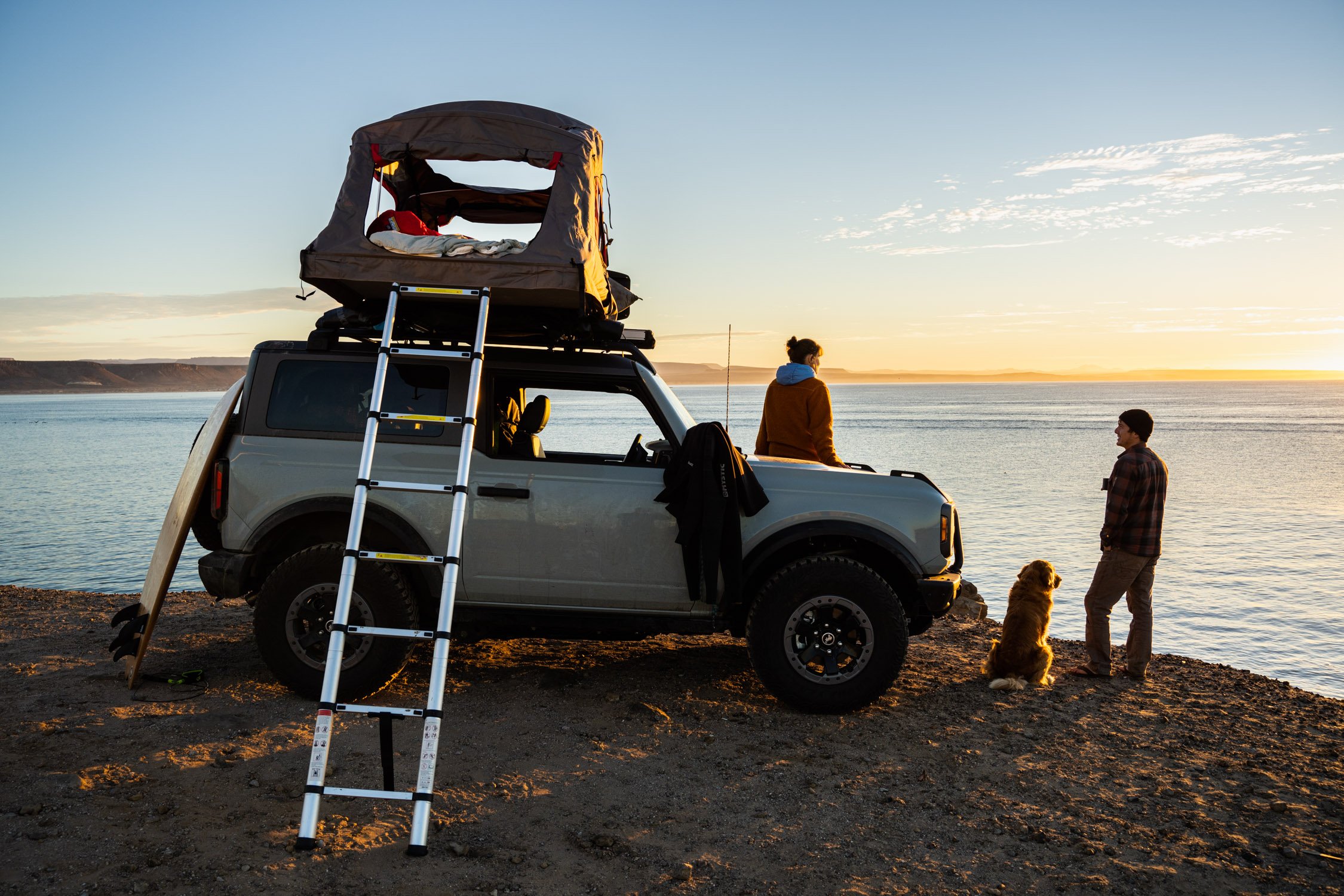These Camping Tips Will Guarantee You Have a Great Night Under the Stars
Camping under the stars can be a magical experience, but a great night outdoors requires some preparation and knowledge. From understanding sleeping bag warmth to deciding whether to have a fire, here are seven essential tips to ensure your camping adventure is memorable and comfortable.
Camping in the desert. Photo by Dalton Johnson
1) Choose the Right Sleeping Bag:
One of the crucial elements for a successful camping night is selecting the right sleeping bag. Pay attention to both the survival rating and comfort rating. The survival rating indicates the lowest temperature at which the bag will keep you alive, while the comfort rating suggests the temperature at which you'll feel comfortable. Opt for a sleeping bag that suits the expected night temperature, ensuring a cozy and restful sleep.
2) Layering is Key:
When it comes to dressing for the night, layering is your best friend. Instead of relying on one thick layer, use multiple layers that you can add or remove based on the temperature. This way, you can easily adjust to the changing conditions and stay comfortable throughout the night. A good combination of moisture-wicking base layers, insulating mid-layers, and waterproof outer layers is essential for a versatile camping wardrobe.
3) Understand Sleeping Bag Warmth:
Knowing how to interpret the warmth of your sleeping bag is crucial. The survival rating is the minimum temperature at which the bag will keep you alive, but it might not guarantee a good night's sleep. Consider the comfort rating for a more accurate estimate of the bag's performance in terms of providing warmth and comfort. This nuanced understanding ensures that you stay warm and snug during the chilly nights.
Making coffee in the early morning. Photo by Dalton Johnson
4) To Fire or Not to Fire:
The decision to have a fire during your camping trip depends on various factors, including the location, regulations, and your personal preference. While a campfire can add to the ambiance and warmth, it's essential to check if fires are allowed in the area. If permitted, follow Leave No Trace principles and use established fire rings. Alternatively, portable stoves are a convenient and eco-friendly option for cooking without the need for a traditional fire.
5) Food Ideas for Campsite Dining:
Elevate your camping experience by planning delicious and easy-to-make meals. Consider prepping some meals in advance to minimize cooking time at the campsite. Foil packet recipes, such as grilled vegetables or chicken, are convenient and require minimal cleanup. Pack non-perishable snacks and easy-to-cook items like instant noodles or dehydrated meals. Don't forget to bring a sturdy cooler to keep perishables fresh.
6) Embrace Nature's Sounds:
One of the joys of camping is immersing yourself in the sounds of nature. Rather than drowning out the natural symphony with electronic devices, embrace the rustling leaves, chirping crickets, and distant animal calls. If you need some white noise to help you sleep, consider bringing a small, portable sound machine that mimics natural sounds without disturbing the serene atmosphere.
7) Pack Thoughtfully:
Being prepared is the key to a successful camping trip. Create a checklist to ensure you have all the essentials, including a tent, sleeping bag, cooking equipment, clothing layers, and personal items. Make sure to include a first aid kit, insect repellent, and a flashlight. Double-check the weather forecast and adjust your packing accordingly. By packing thoughtfully, you'll be ready for any surprises that Mother Nature may throw your way.
A solo night out under the stars. Photo by Dalton Johnson
Camping under the stars offers a unique opportunity to connect with nature and create lasting memories. By following these seven tips, from understanding sleeping bag warmth to embracing nature's sounds, you can guarantee a great night under the stars. So, pack your gear, choose your campsite wisely, and get ready for an unforgettable outdoor adventure.








